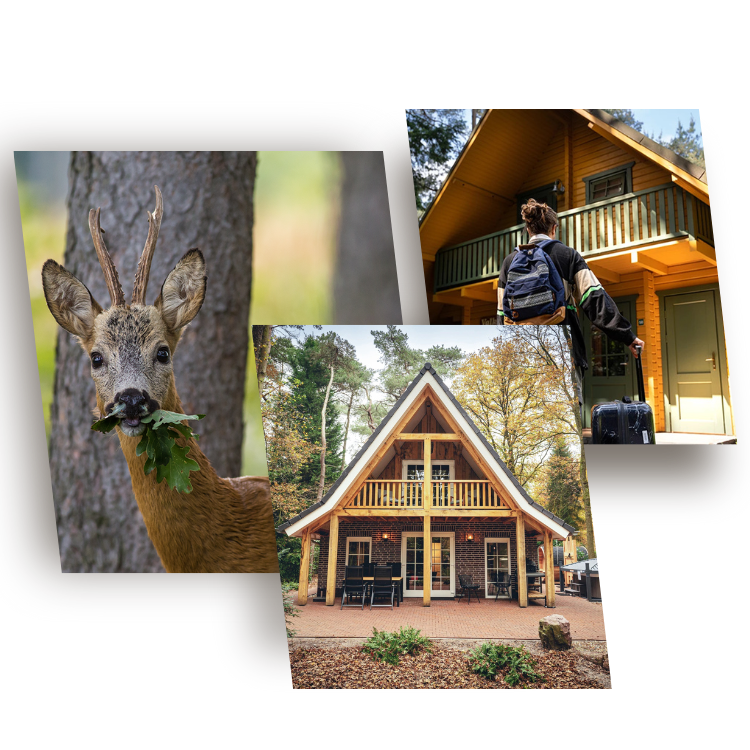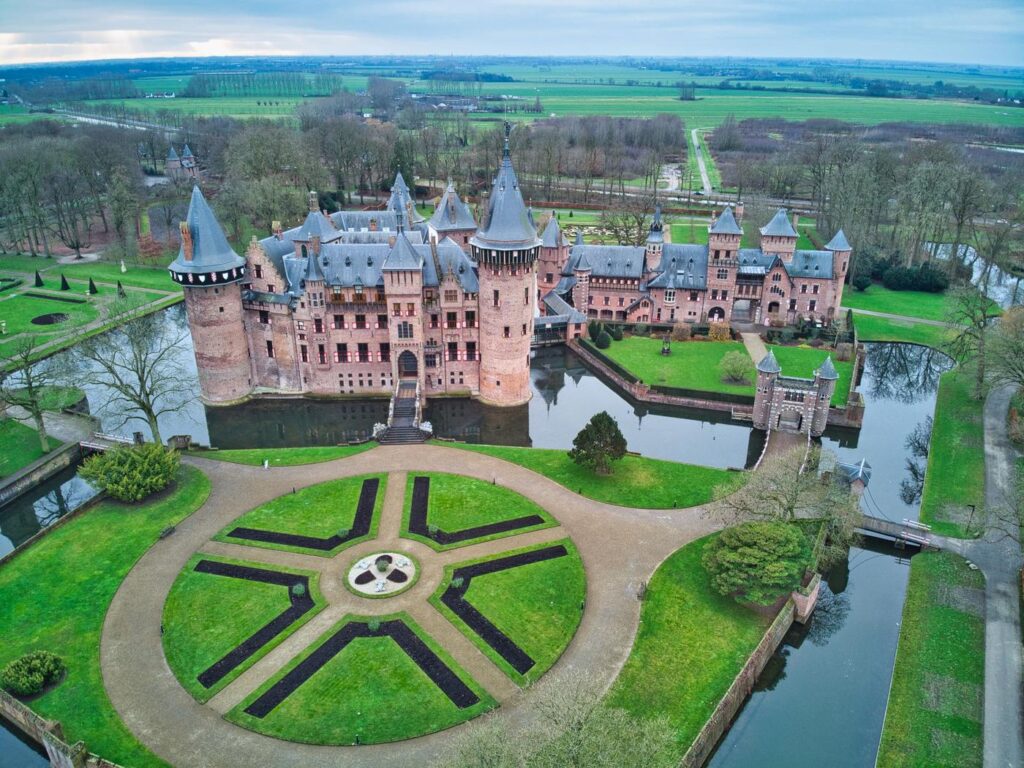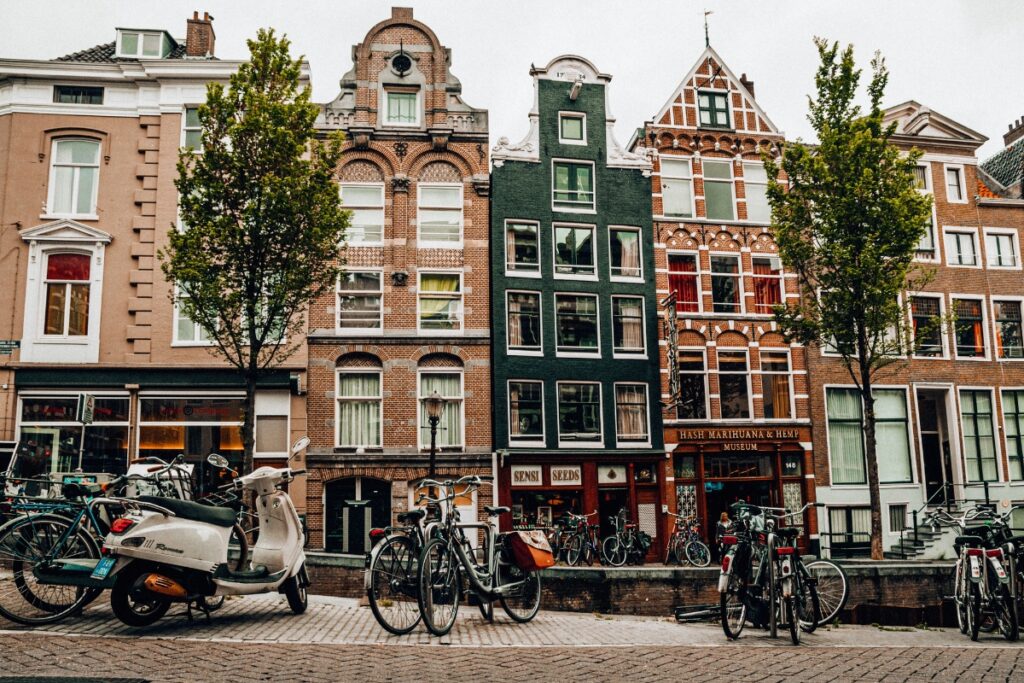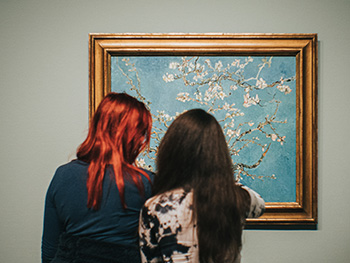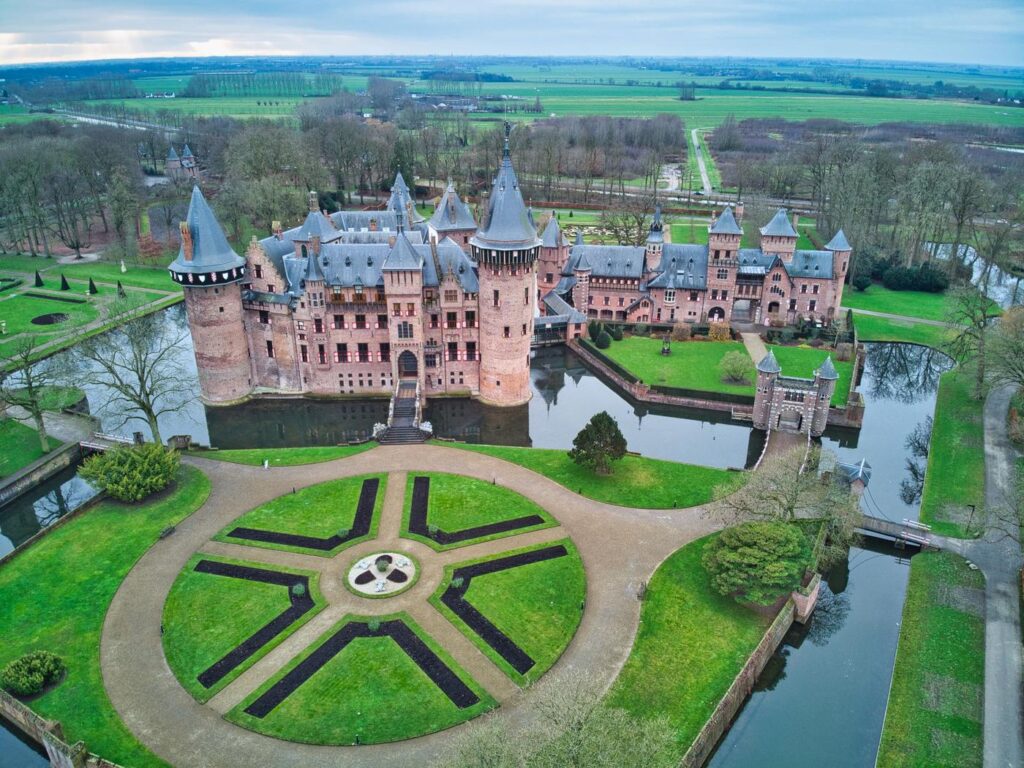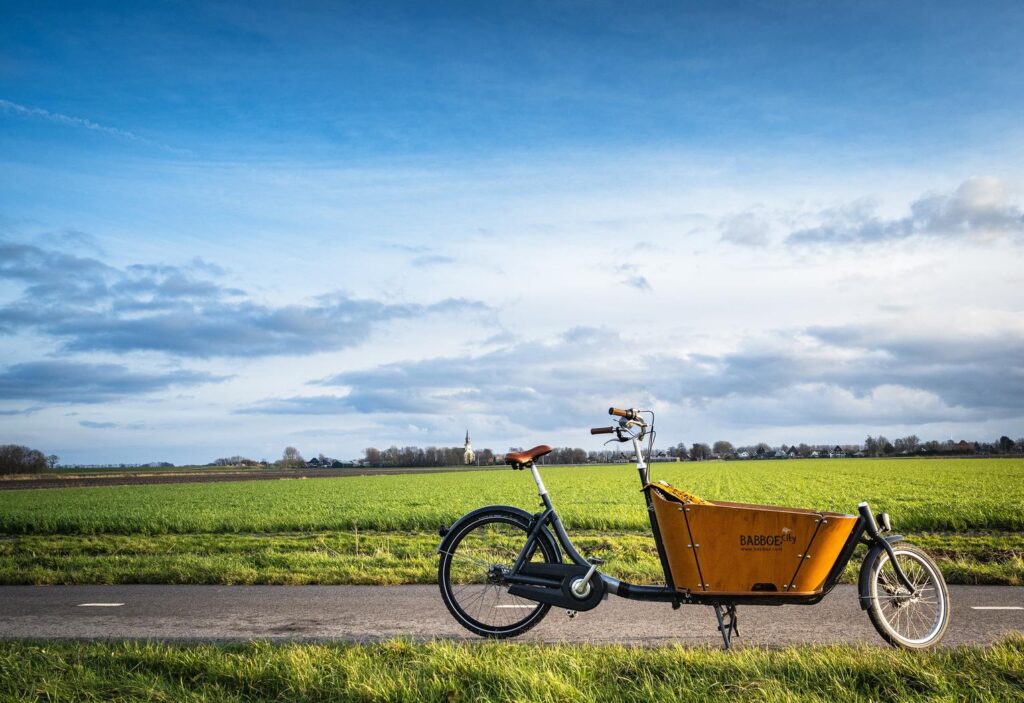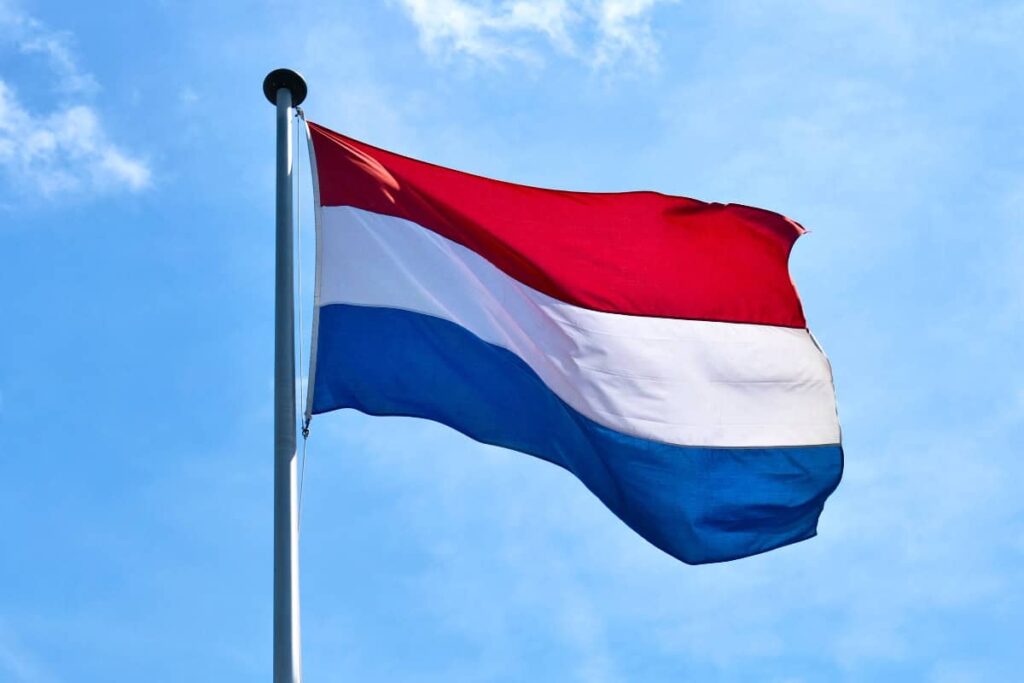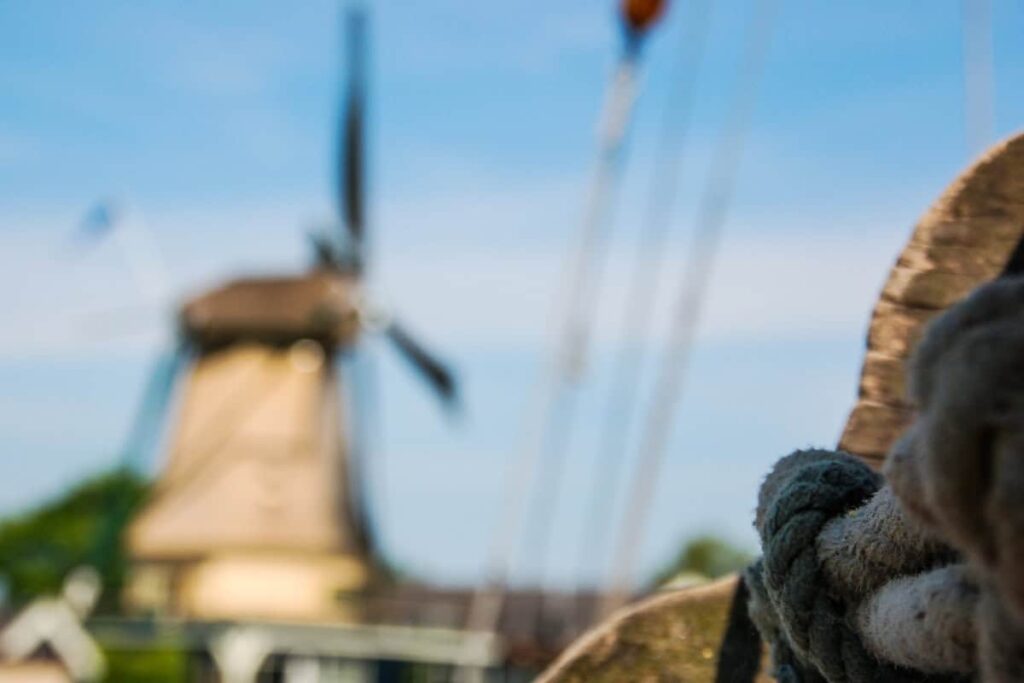Dutch surnames are an essential part of the Netherlands’ rich cultural heritage, often reflecting family history, occupation, or geographical origin. Many common Dutch names have deep roots in the country’s traditions, with patronymic names being particularly widespread. For example, dutch family names like Jansen (meaning “son of Jan”) are derived from personal names, with the suffix -sen indicating “son of” in Dutch. These surnames were often passed down through generations, becoming a part of official records and community identity.
In addition to patronymic surnames, many Dutch surnames reflect occupations (e.g., Bakker, meaning “baker”) or locations (e.g., Van den Berg, meaning “from the mountain”). Over time, Dutch surnames have evolved and spread, even influencing surnames in regions like Frisia and Flanders. Today, these names help connect individuals to their ancestral roots and provide insight into the country’s historical structure.
The origins and evolution of dutch surnames
Dutch surnames come in a variety of forms, each revealing a unique aspect of the country’s culture religion and history. Whether derived from patronymics, occupations, christian names or geographical locations, these names have been passed down through generations and continue to be an integral part of Dutch identity today.
Patronymic Surnames: A Link to Family Heritage
One of the most common types of Dutch surnames is the patronymic surname, formed by adding a suffix to a father’s given name. The suffix -sen (meaning “son of”) is frequently seen in names like Jansen, Petersen, or Andersen. These names often date back to the early days of the Netherlands when surnames were not yet standardized. For instance, Jansen literally means “son of Jan,” with Jan being the Dutch form of the name John. Over time, the use of patronymic surnames became widespread, especially in regions like South Holland and Frisia.
Occupational and descriptive surnames
Alongside patronymic names, many Dutch surnames are occupational in origin, offering a glimpse into the profession or role of an ancestor. Take the surname Bakker, for example, which means “baker” in Dutch. Such surnames were common in rural communities, where family occupations were key to their identity. Similarly, Schmidt, meaning “blacksmith,” reflects the importance of this trade in the Netherlands’ history.
Descriptive surnames also emerged in the Netherlands, often based on physical traits, landscapes, or features of the family’s surroundings. Names like Van der Meer, meaning “from the lake,” or Van den Berg, meaning “from the mountain,” are examples of topographic surnames that indicate the geographical origin of a family. These types of names were especially common in the 19th century, during the period of surname registration.
Geographical influence: surnames tied to place
Geographical surnames are another significant category in Dutch naming traditions. These names provide a direct link to specific locations in the Netherlands or even abroad. For example, Van der Linden (from the linden tree) or Van den Bos (from the forest) reflect nature and the surrounding environment. Many of these surnames also carry Frisian or Flemish origins, demonstrating the regional diversity within the Dutch-speaking areas of Europe.
The role of official registration
With the introduction of official registration in the 19th century, the Dutch government standardized family names. This was particularly important for administrative purposes, such as taxation and military service. As a result, many common surnames that were once informal became officially recognized and passed down through generations. This shift solidified names like Jansen, Vermeer, and De Vries in the Dutch population, making them some of the most popular surnames in the country today.
A legacy in modern-day society
Today, Dutch surnames continue to serve as a connection to the past, offering insights into the history of the people who bear them. Whether based on occupation, location, or ancestry, these names reflect the social and cultural dynamics of the Netherlands across centuries. While some family surnames have been adapted or Americanized over time, many retain their original meanings and forms, preserving the legacy of Dutch family heritage.
Related topics and insights into dutch naming traditions
Dutch surnames are not just a reflection of family history; they also tie into broader cultural practices and naming conventions that span centuries. Let’s explore some related topics that help further understand the significance of these names and their role in Dutch society.
The Influence of frisian and flemish naming patterns
In addition to Dutch surnames, the regions of Frisia and Flanders have contributed distinct naming traditions to the broader Dutch surname pool. Frisian surnames often include the -sen suffix, as seen in names like Jansen or Hansen, signaling the patronymic tradition rooted in this northern region of the Netherlands. Similarly, Flemish names, common in Belgium, have influenced Dutch surnames through migration and cultural exchange. While Flemish dialects and names may vary slightly, they share similarities with Dutch in their use of geographical and occupational surnames.
The rise of Christian names and surnames
Throughout history, Christian names have played a significant role in shaping Dutch surnames. Many Dutch surnames, like Jansen or Petersen, are derived from Christian first names such as Jan (John) or Pieter (Peter). This religious influence is seen across many European naming conventions, but in the Netherlands, the tradition of using first names as a base for family names became increasingly popular during the 19th century.
Maiden surnames and the changing role of women
Historically, women in the Netherlands did not take their husband’s surname immediately after marriage. Instead, they retained their maiden surname, which was often passed down through generations. This tradition has changed in modern times, but it highlights the evolving role of women in Dutch society and their connection to their family heritage. In contemporary Dutch naming conventions, it’s common for women to adopt their partner’s surname upon marriage, but maiden names still carry significance in genealogical research and family history.
Dutch boy names and Dutch girl names
When it comes to naming children, Dutch parents traditionally choose names that reflect cultural values, family traditions, or religious beliefs. Dutch boy names like Jan, Pieter, and Willem are still common today, while Dutch girl names such as Anne, Maria, and Sophie also remain popular. These names often serve as a link to the past, representing generational connections and family stories.
Understanding the official registration of names
In the 19th century, the Dutch government required all citizens to have official surnames. This move was part of a larger effort to standardize civil records, which included birth, marriage, and death certificates. As a result, surnames became more consistent and were recorded in official documents, such as those held by institutions like the Meertens Instituut. This helped preserve and track the history of Dutch families, making it easier for future generations to trace their ancestry.
Modern-day surnames and their popularity
While many Dutch surnames like Jansen, De Vries, and Van den Berg are still widespread today, some surnames have become less common due to migration or Americanization. However, these names continue to hold a place in the cultural and historical landscape of the Netherlands. Modern-day Dutch families still often find pride in their surname’s meaning and origins, whether it reflects a connection to a profession, geographical location, or family heritage.
In conclusion, Dutch surnames are much more than just labels. They are a window into the country’s history, culture, and the stories of the people who bear them. Whether through their patronymic nature, geographical roots, or occupational ties, Dutch surnames offer a fascinating glimpse into the past while continuing to shape the identity of individuals and families today.

